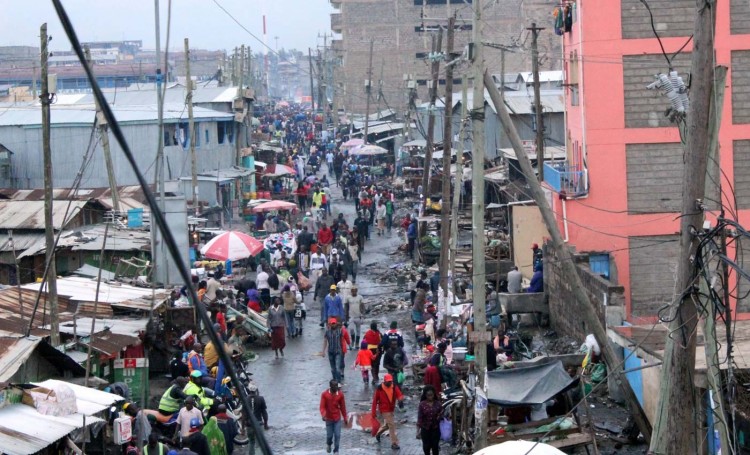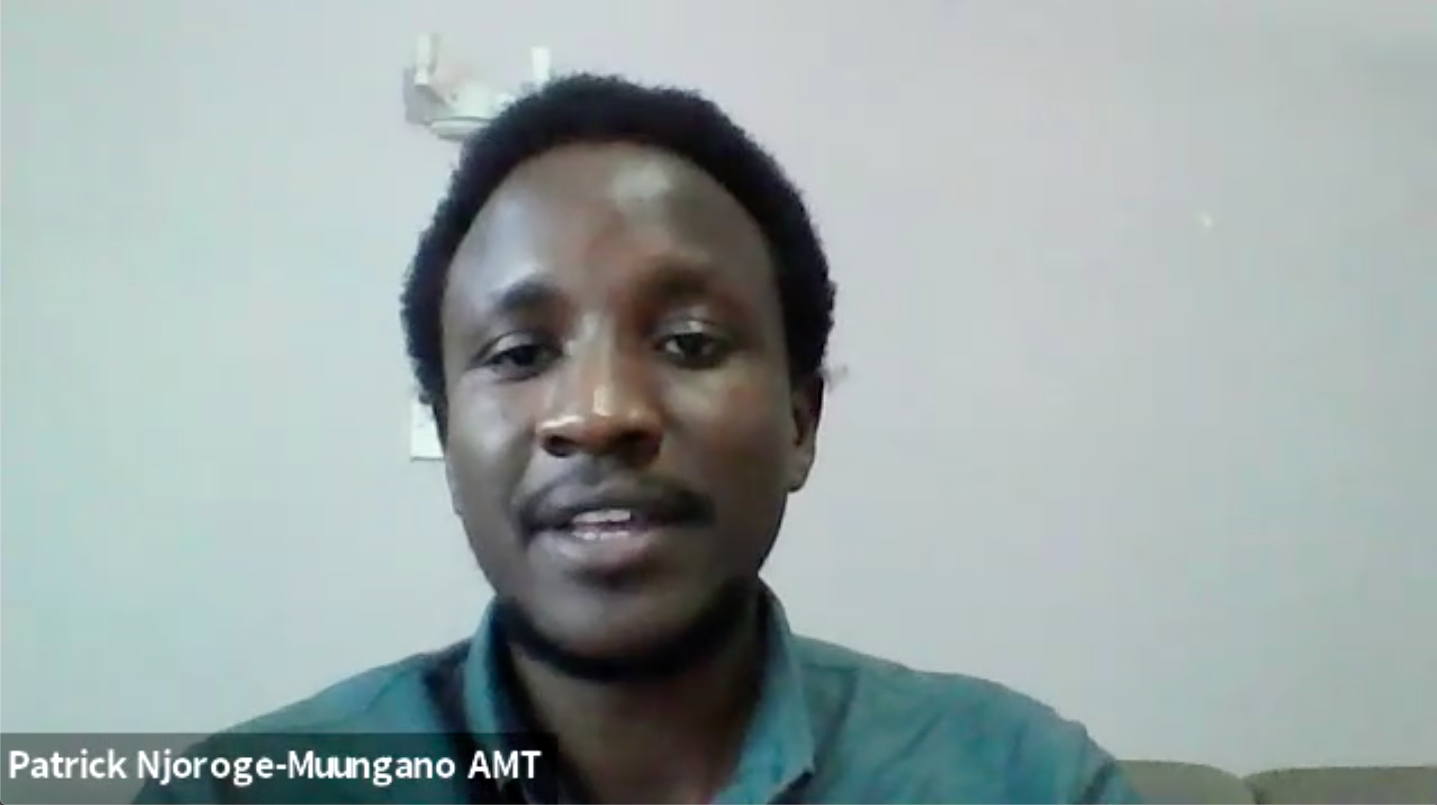CANADIAN IMMIGRATION UPDATES: Applicants to Master’s and Doctoral degrees are not affected by the recently announced cap on study permits. Read more

Mukuru Clean Cooking Solutions Promotion Initiative

Mukuru, Nairobi, Kenya
CURE - Mukuru Clean Cooking Solutions Promotion Initiative

Patrick Njoroge, AMT (Akiba Mashinani Trust)
Background
Mukuru is a home of about 100,000 households (HH) occupying about 550 acres of land. In 2017, Nairobi City County Government (NCCG) designated Mukuru slums as a Special Planning Area (SPA) and structured the development of a Mukuru Integrated Development Plan (MIDP) to align with NCCG’s departments. The various partners supporting the development of the MIDP were clustered into 8 thematic consortia each chaired by the relevant NCCG department and supported by a lead partner organization. The consortia’s mandate was to develop inclusive and appropriate sectoral plans integrated into the MIDP. The MIDP developed guides land-use plan, services delivery, policy development and implementation. Slum Dwellers international (SDI) was a partner in the development of the Water, Sanitation and Energy Sector Plan (SP) through their local partner, Muungano wa Wanavijiji (MWW) and Akiba Mashinani Trust (AMT).
According to the Kenya Household Cooking Sector Study 2019, Household Air Pollution (HAP) is one of the largest health risk factors for mortality in Kenya with about 21,560 deaths attributed to HAP annually. Kenya has an ambitious target of achieving universal access to modern cooking solutions by 2028. The National Climate Change Action Plan (2018-22) acknowledges that improved cookstoves and low carbon fuels have the highest potential to reduce GHG emission reductions. It also underscores the importance of developing the clean cooking value chains. Access to finance inhibits the penetration of sustainable clean cooking technologies and delivery mechanisms. The project seeks to provide finance to unlock the penetration of sustainable clean cooking solutions.
Research questions
In Mukuru 60% of HH are using charcoal and kerosene as the primary cooing fuel. Only 31% use LPG and 9% electricity users, who are the most vulnerable since they cannot afford any of the other fuel and rely on illegal connection to electricity and make-shift electric cookers that are responsible to over 90% of fires in Mukuru. The aim of project is to catalyse a shift to sustainable clean and affordable cooking solutions in Mukuru. Currently the clean cooking value-chain is cash-based leaving the urban-poor not able to access the various solutions in the market and condemning them to the use of inefficient high carbon-emitting fuels and cookstoves.
As part of a 5-year engagement program with Sdi and AMT, students in the Fall 2020 course will focus on questions including the following:
- Development of a sustainable financing mechanism for the last-mile distributors and end-users using the Muungano saving groups
- Identifying partnerships with various cooking fuel and technology manufacturers
- Articulating a sustainable business model for clean cooking solutions distribution in Mukuru, that may include last-mile energy entrepreneurs to provide fuels, stoves and after-sales support
- Articulating a stakeholder engagement platform for data collection and analysis for the following: households switched, last-mile enterprises established, policy change information developed and impact assessment